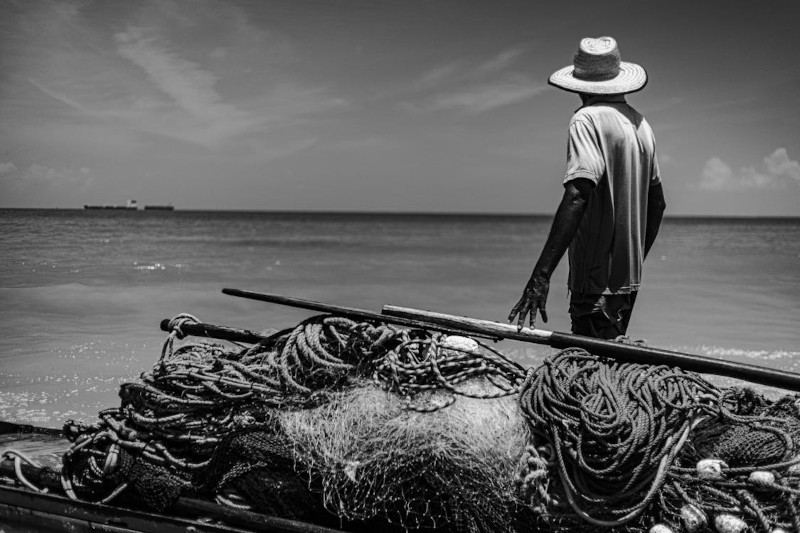
7. Fr. Luigi Pieretti, among Lucca’s first fd | Placido de Castro
Continue the story of the missionary life of Fr. Luigi Pieretti, fidei donum of the diocese of Lucca in Brazil
We come to 1982, the year in which Fr. Luigi Pieretti was transferred by Bishop Moacyr to the parish of Bom Jesus do Abunã, in the municipality of Plácido de Castro, which at that time still had the name “Vila Plácido de Castro.”
At first, in April, he divided his time between Rio Branco and this new weekend mission, but by June 13 the transfer was made official.
After all, for a missionary, moving is the norm.
The ties and memories remain,
but the call to proclaim Jesus to other peoples always takes priority.
There, however, he would not be alone: there were in fact an Italian family and volunteers from MLAL (Lay Movement for Latin America) sent to assist the settlers.
On August 1, the mass concelebrated Fr. Peregrino, who greeted the parish and introduced him as the new parish priest; the following week, Fr. Luigi reiterated his willingness to walk together with the community and announced that he would visit all the families in the village, to inquire about their situation.
What could be more beautiful than putting oneself in listening?
Sometimes, the risk we run in mission is to feel that we are the bearers of a message,
regardless of who we are around;
Fr. Pieretti, on the other hand, was intent first and foremost on getting to know those people and that reality.
A meeting of parish coordinators can certainly facilitate, so on Sunday, August 8, at 9 p.m., after Mass, Lucca’s fidei donum met with sisters Josephine Isabel and Marlene, young Angélica and Juscelino, and Italian volunteers Enéias and Jorge.
It is interesting to read the agenda items in his diary, because they give us a historical insight into the first mission meetings.
First point: pastoral activities
There are 40 evangelization groups with 50 monitors divided as follows:
a- Bolivian rubber plantations: 7 groups in Igarapé Caramano and Rio Abunã above and 1 group in Lower Abunã;
b- Brazilian rubber plantations in the Baixo Abunã: 4 groups
c- In the colonies: Redenção Project 2 Groups: INCRA 3 Groups; Electra Branch 3 Groups; Mendes Carlos Branch 3 Groups; Road AC 40 7 Groups: Road AC401 6 Groups; d) City 2 Groups
Second point: teams and groups
a – Parish Coordination Team, composed of Sisters Isabel and Marlene, Italian volunteers Jorge and Enea and Anna Rosa and youths Juscelino and Angelica.
b) Social team: Health, Jorge; Land, Enea; Education, Anna Rosa.
c) Liturgy team: the Sunday liturgy is organized by the sisters, but there is no lay team yet.
d) Catechesis and youth groups: in the city there are two catechetical groups, one for adolescents and one for youth. In the colonies there are only two catechesis groups.
Third point: economic and administrative situation
a- There is still no tithe system.
b- There is still no administrative team. So far, the income and expenses of the parish have not been accounted for. Everything has been done by the priest.
Fourth point: buildings
We have to wait for Father André’s visit to see what to do.
And it goes on like this, between new and old commitments.
And finally, a note about Bishop Moacyr who “has already paid a carpenter to build a boat for the parish, which is not yet ready. The carpenter has promised to finish the work next week and put the boat in the water.”
It almost seems to see Jesus again, the fishermen, the first disciples ready to follow him and cast their nets.
Thus, a new mission begins for Fr. Luigi Pieretti.
